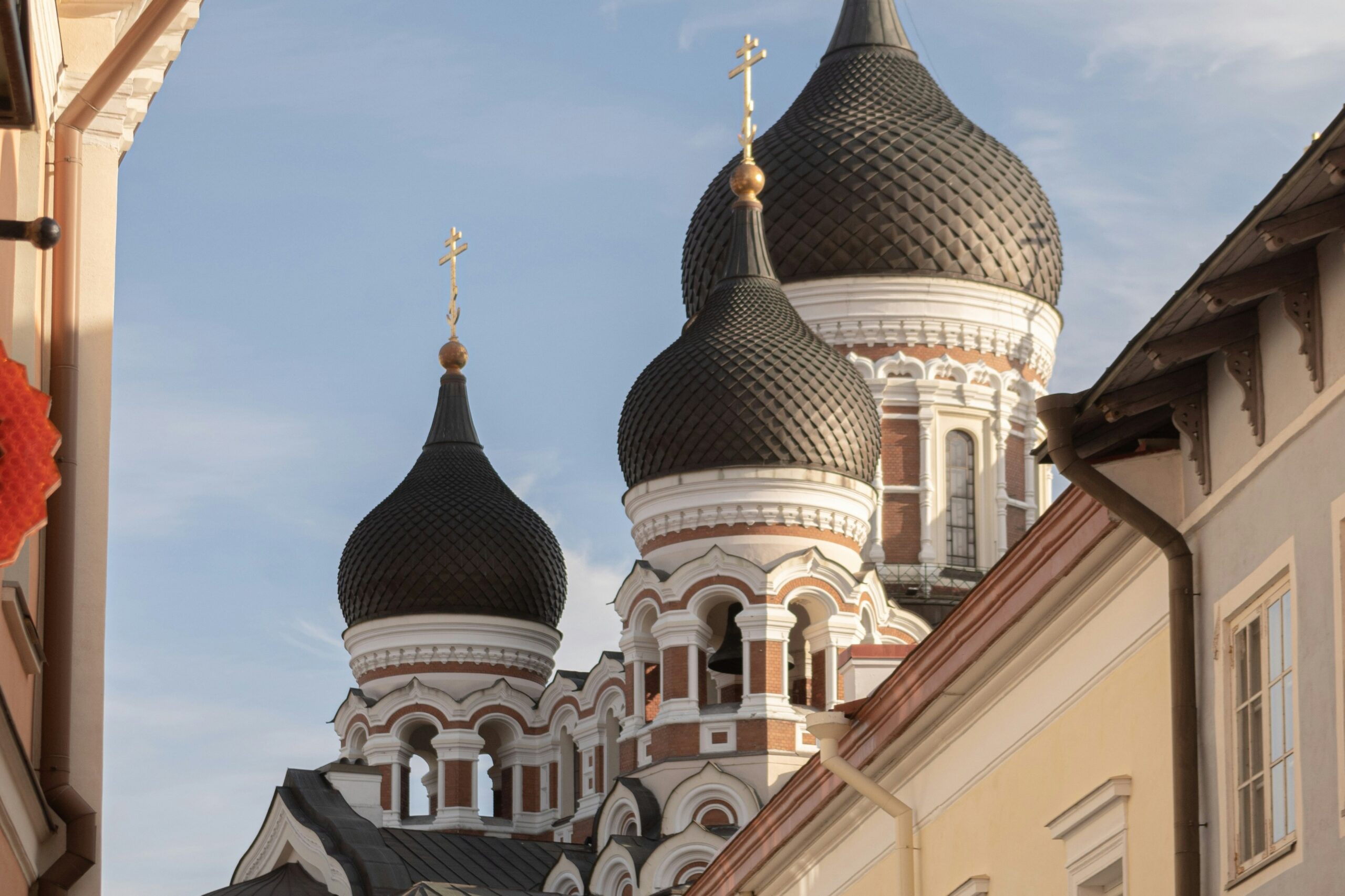
Main narratives:
- General anti-governmental sentiments;
- Claims of alleged russophobia.
Overview:
Last week, many publications in the media and on social networks were devoted to the ongoing dispute between the Estonian Ministry of the Interior and the Estonian Orthodox Church of the Moscow Patriarchate over its relations with Moscow. The Ministry of the Interior claims that a draft law amending the Law on Churches and Congregations has been sent for coordination, and that the changes included would allow the state to take a leading role in such processes in the future, if necessary. This situation has provoked many negative reactions among Russian-speaking social media users. The Kremlin could use this situation to promote the narrative of ‘persecution of the Orthodox Church in Estonia’ and the violation of the right to freedom of religion.
During the reporting week, national politicians and public figures discussed the right of Russian and Belarusian citizens to vote in local elections in Estonia in autumn 2025. The proposal to allow it conditionally has provoked a resonant debate on the issue of moral policing and loyalty testing, which has been criticized by several legal experts as an inappropriate measure in a democratic state. Nevertheless, the issue can easily reinforce a pro-Kremlin narrative of “Russophobic” Estonia with its “discriminatory government”.









